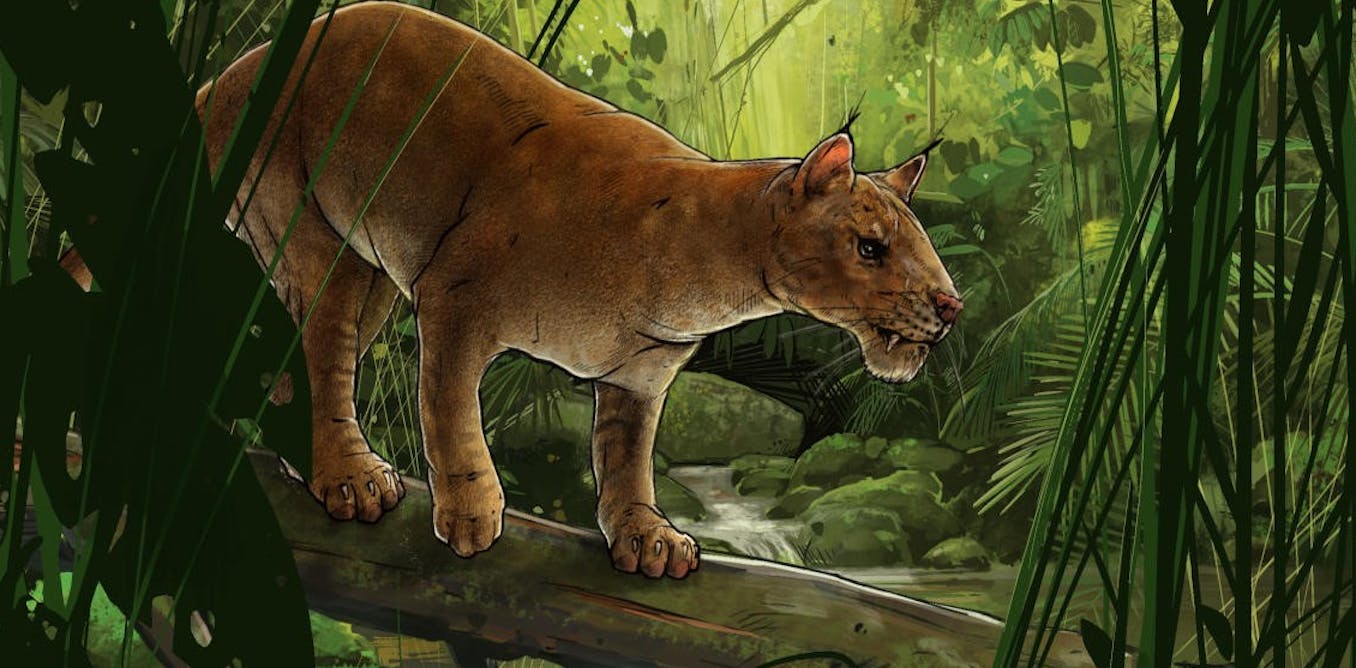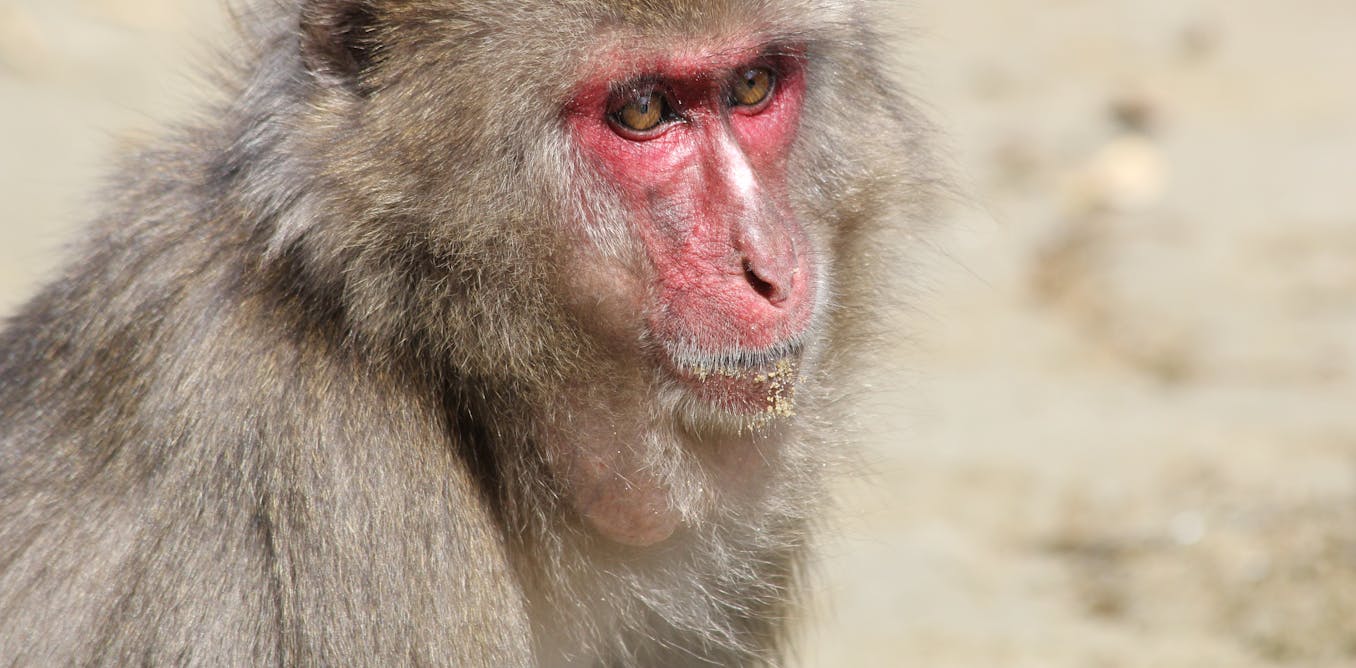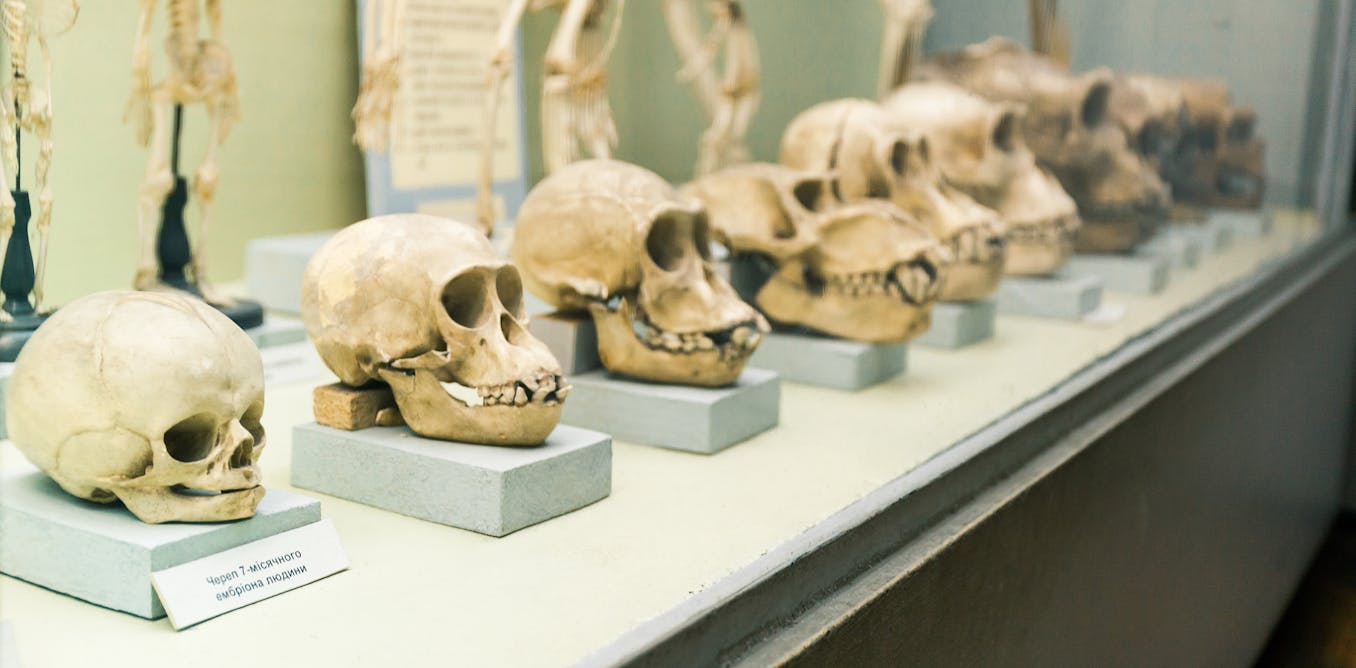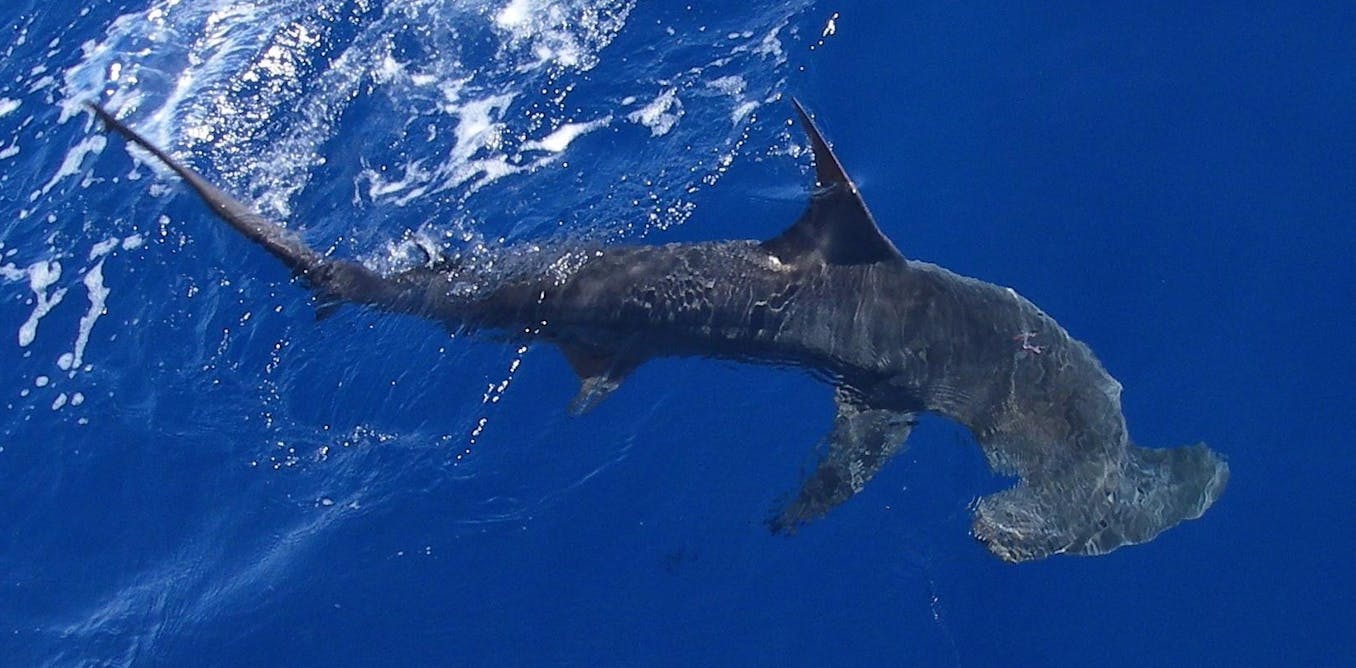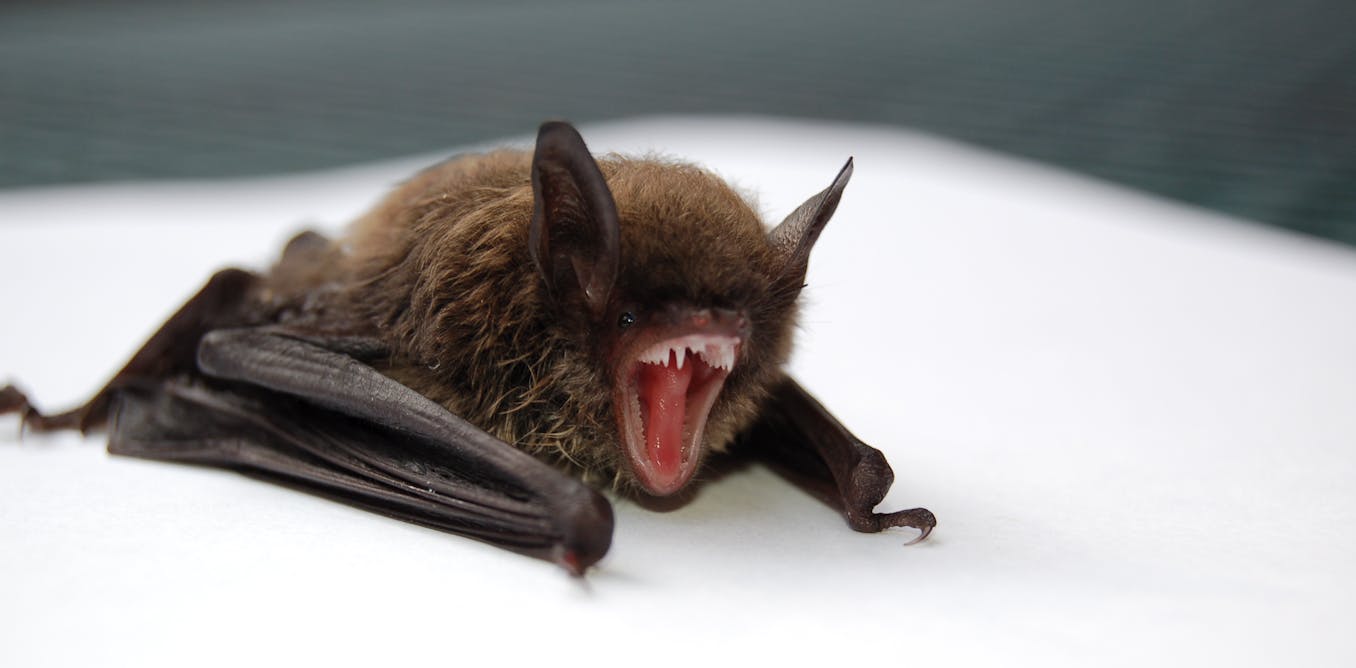How the first cat-like sabre-tooth predator was discovered – and why it differs from modern cats
The first sabre-toothed cat-like predator was not much larger than a bobcat, but it had long teeth and a strong jaw to cut through thick skin.
March 30, 2022 • ~8 min

